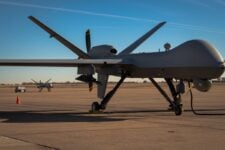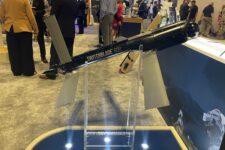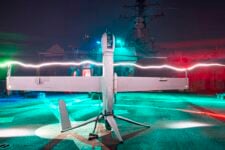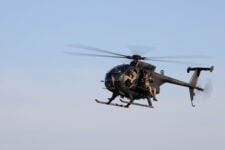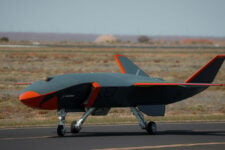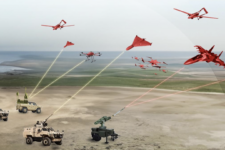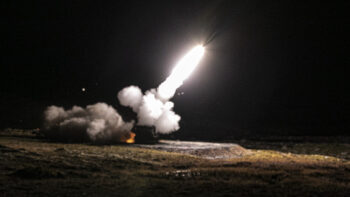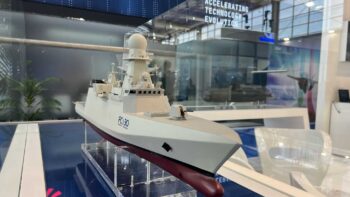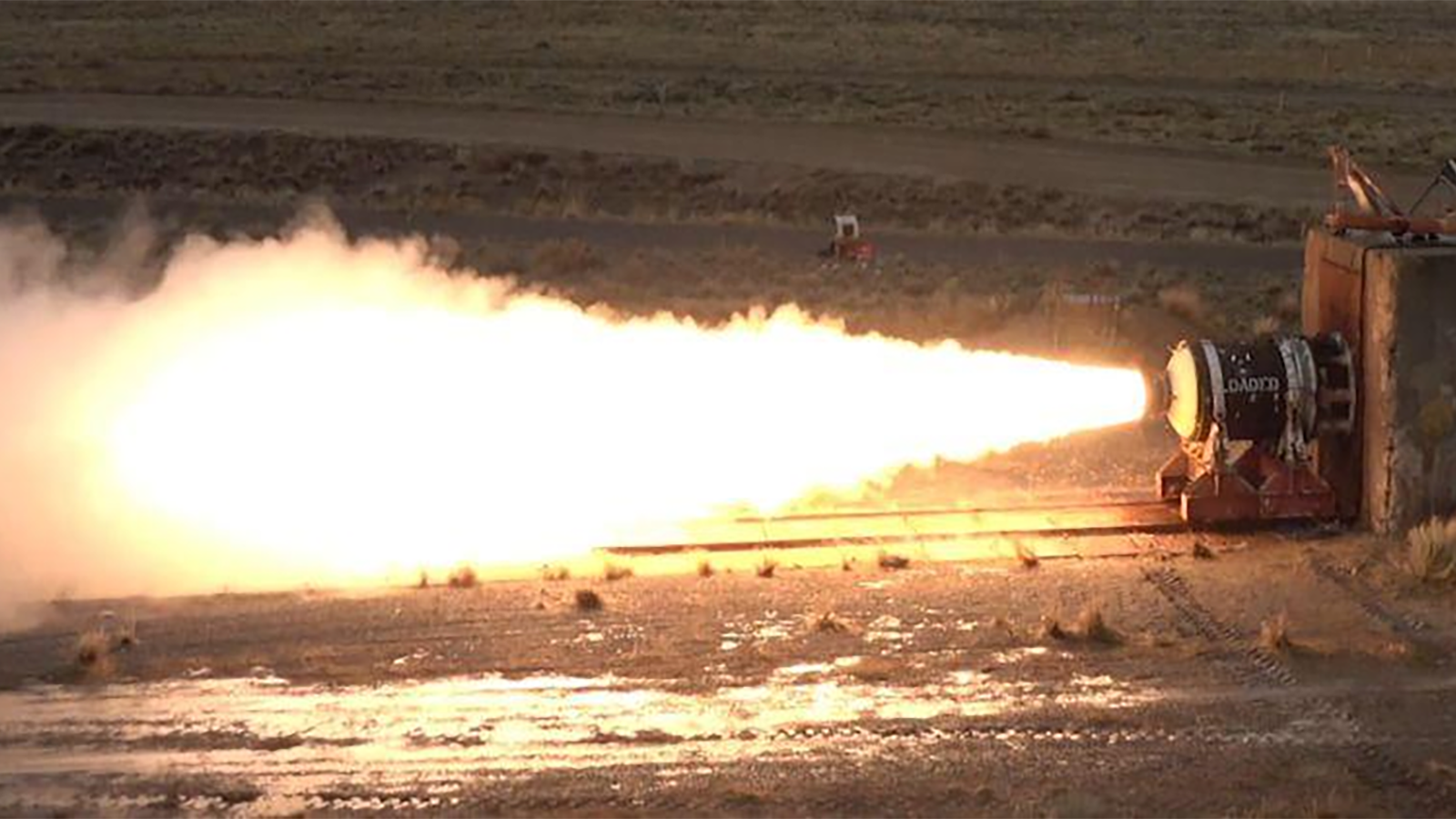
Aerojet Rocketdyne’s successful test of its Missile Components Advanced Technologies Demonstration Motor on May 12, 2020. (Aerojet)
WASHINGTON: Lockheed Martin on Sunday terminated its $4.4 billion agreement to acquire Aerojet Rocketdyne, weeks after antitrust regulators sought to unravel the deal.
The proposed purchase of the only independent solid rocket motor manufacturer by the world’s largest defense firm had been controversial since the deal was first announced in 2020, drawing criticism from rival companies and lawmakers worried about too much consolidation in the defense industrial base.
Ultimately, in January, the Federal Trade Commission filed a lawsuit seeking a preliminary injunction to block the deal. In its complaint, the FTC stated that the merger could empower Lockheed to disadvantage its competitors in the missile industry — with Lockheed able to raise the cost of Aerojet products and directly impact competing teams’ schedule — and alleged that Lockheed had already tried to prevent Aerojet from supplying other companies with its propulsion technologies.
Lockheed, for its part, maintained that it would act as a responsible “merchant-supplier” and that its takeover of Aerojet would ultimately save taxpayer money.
“Our planned acquisition of Aerojet Rocketdyne would have benefited the entire industry through greater efficiency, speed, and significant cost reductions for the U.S. government,” said Lockheed’s President and CEO James Taiclet. “However, we determined that in light of the FTC’s actions, terminating the transaction is in the best interest of our stakeholders.”
Lockheed’s decision to move on puts Aerojet’s future in question, as the company now finds itself entangled in an internal battle between its board members, with one side led by CEO and President Eileen Drake and the other led by Warren Lichtenstein, the company’s executive chairman who owns 4.9% of Aerojet.
Analysts who spoke to Breaking Defense prior to Lockheed’s decision to abandon the deal said Aerojet would likely look for another buyer who could acquire the company without raising antitrust concerns, such as private equity or a smaller defense firm like L3Harris or Leidos that doesn’t compete as a prime contractor in the missile industry.
“I think there’s probably another potential buyer out there, as long as they’re not named Northrop, Raytheon, Lockheed or Boeing,” said Roman Schweizer of Cowen Washington Research Group.
In a statement released Sunday night, Aerojet said it remains confident of future performance “driven by our continued leadership in key space exploration and defense growth markets, including by advancing hypersonics and strategic, tactical and missile defense systems.”
At an investors conference last week, Lockheed’s Taiclet said that if the Aerojet deal failed to come to fruition, Lockheed would look to put its available capital to use elsewhere, with further mergers and acquisitions still on the table.
“If we run into something smaller scale than [Aerojet] that gives us a specific capability that we can … show our customer, we would we would go through that [acquisition],” he said.
Taking aim: Army leaders ponder mix of precision munitions vs conventional
Three four-star US Army generals this week weighed in with their opinions about finding the right balance between conventional and high-tech munitions – but the answers aren’t easy.


